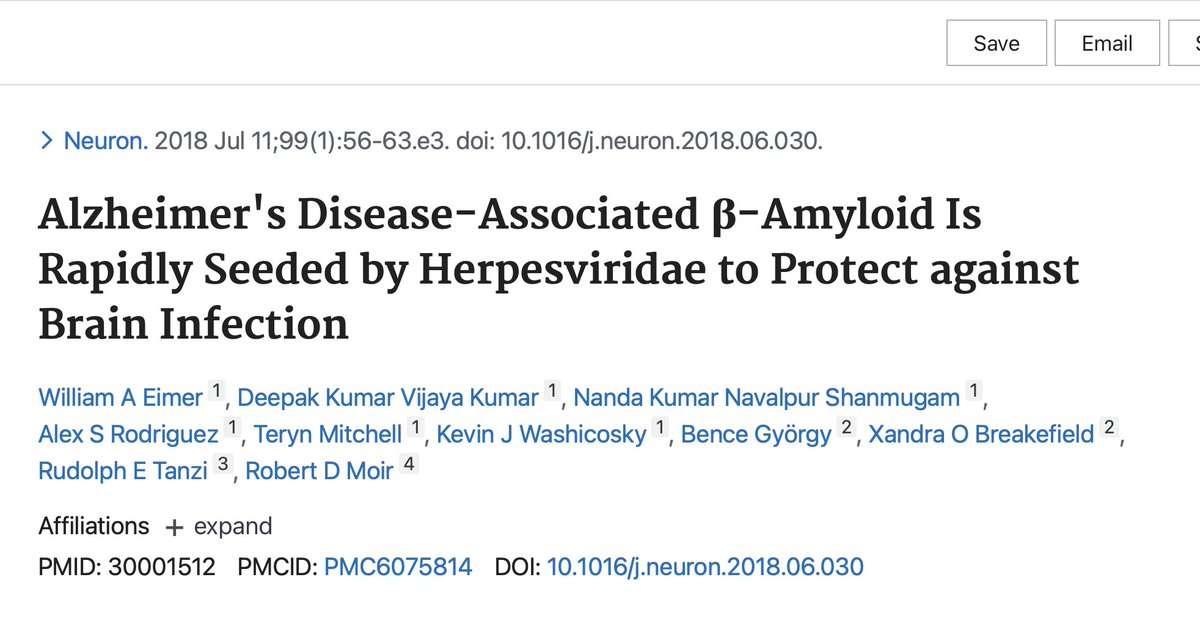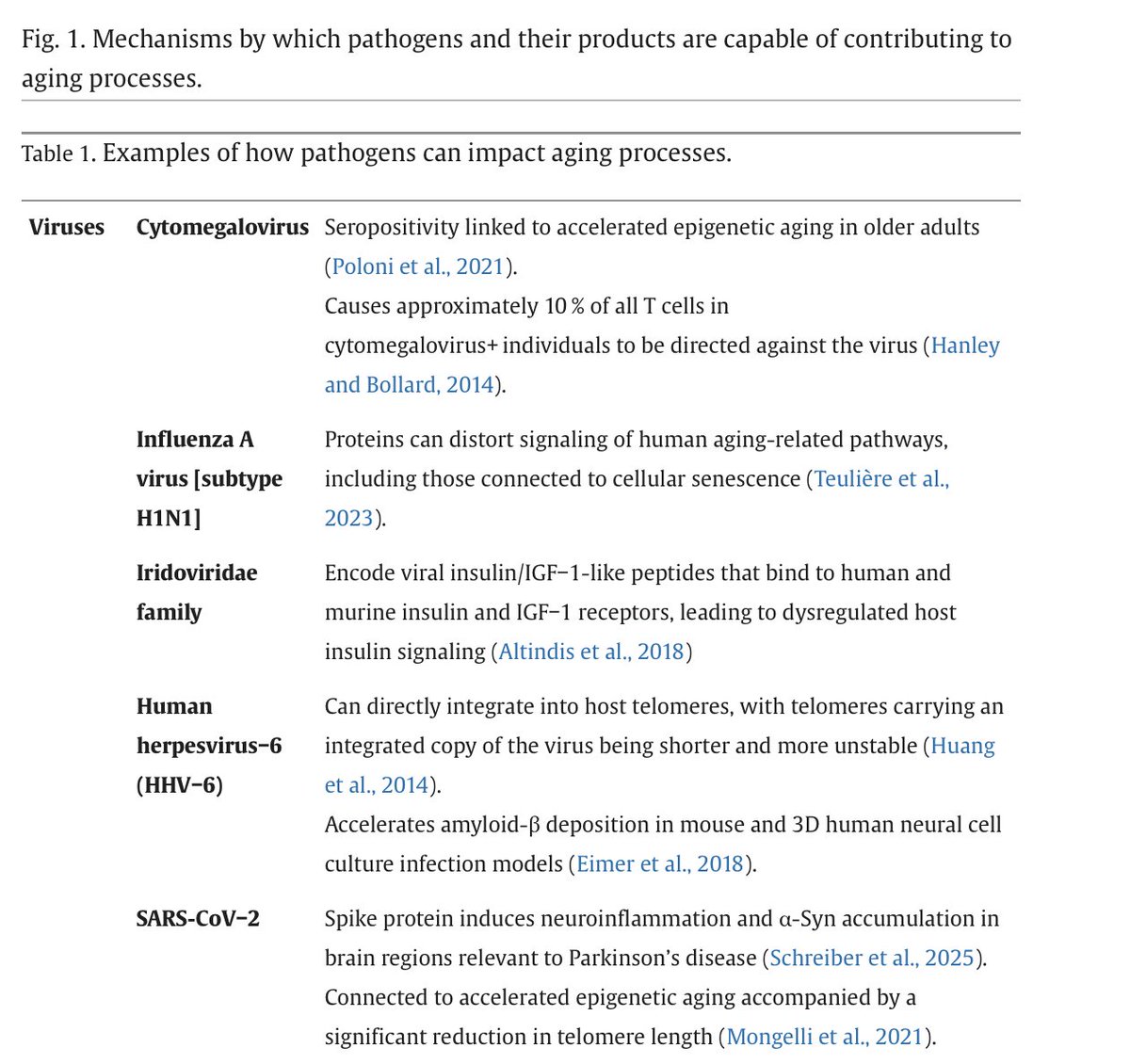Every word of this article is interesting 👉 It discusses how human endogenous #retroviruses (HERVs) that have been incorporated into the human #genome☝️may still express viral proteins that impact progression of diseases including #ALS, #MS, #cancer and #schizophrenia.
https://twitter.com/ArisKatzourakis/status/1080266331545575424
Quote from article 👉 “...many human endogenous #retroviral (HERV) sequences can be transcribed and even translated in #human cells, with hundreds of HERV genes likely having the capacity to yield #viral proteins 👉 Cedric Feschotte, @Cornell University 







The article also provides case histories and pilot study findings 👉Which show that #patients w/ #ALS and #MS have benefitted (or are benefitting) from therapy with #antiretroviral drugs☝️In some cases, w/ #HIV antiretrovirals: google.com/amp/s/www.the-… 

Thoughts on article 👉 1. Cld antiretroviral drugs for MS/ALS etc impact other members of the human #virome in addition to #retroviruses/HERVS?☝️2. If 8% of the human genome stems from HERVS - it wld seem, even in 2018, that we shld be detecting more retroviruses in humans? 

To expand on question 2 👉 There is an incredible amount of sequence #homology (molecular mimicry) b/t retroviral + human genome sequences☝️Is it possible, in some big #data analyses, that our genomic assemblers incorrectly attribute retroviral #DNA/RNA to the human genome?
• • •
Missing some Tweet in this thread? You can try to
force a refresh










